PROTECT YOUR DNA WITH QUANTUM TECHNOLOGY
Orgo-Life the new way to the future Advertising by AdpathwayI’VE ANSWERED a lot of garden questions in my time as a garden journalist, but nobody has asked more of them than my latest podcast interview, who’s also the person I’ve known longer than anyone else on the planet. My baby sister, Marion Roach Smith, is an author and podcaster, a popular teacher of memoir writing, and like her older sister and the grandmother she is named for, a gardener in her own right. She’s also the person who coined the phrase “urgent garden question,” as in: “Margaret, I have an urgent garden question,” meaning that I needed to deliver on-demand answers to the sister on the other end of the phone line and fast—or else.
She joined me to talk about hand-me-down plants we’ve shared and garden lessons we’ve learned, like how her 18 dahlia tubers eventually turn into 175 (including massive clumps like the one in the photo below), and how that’s too many. And maybe we even asked and answered some more urgent garden questions.
Marion Roach Smith is the author of various books including “The Memoir Project: A Thoroughly Non-Standardized Text for Writing and Life” (affiliate link), which spawned a whole business at marionroach.com, teaching and coaching memoir writers online through live and recorded classes. She gardens in the Capital Region of New York State, and most important, she’s my sister.
Plus: Comment in the box near the bottom of the page for a chance to win a copy of “The Memoir Project.”
Read along as you listen to the June 2, 2025 edition of my public-radio show and podcast using the player below. You can subscribe to all future editions on Apple Podcasts (iTunes) or Spotify (and browse my archive of podcasts here).
sisters who garden, with marion roach smith
Download file | Play in new window | Duration: 00:27:57 | Recorded on May 29, 2025
Subscribe: Apple Podcasts | Spotify
Margaret Roach: Welcome, Marion. Hello.
Marion Roach Smith: [Laughter.] “Most important,” I love that: I just got a promotion.
Margaret: Absolutely, totally. You can keep laughing. A lot of what I write—including when I wrote a memoir years ago, “And I Shall Have Some Peace There,” is infused with nature—and many of your clients, their stories, they tell their stories with an infusion of nature, I presume. Yes?
Marion: Oh my goodness, yes. I have read and edited manuscripts about dogs who save us, cats who save us, chickens who save us, gardens that save us, trees that save us, and getting out in nature. But perhaps the one that most attracts memoir writers is birds: the birds and the wonder that we discover when we bird. And I love this because it suggests that all of us, every day, are tempted, provoked, or offered these moments in nature that can elevate our souls. It’s a beautiful thing.
Margaret: So let’s just give a quick version of the genesis of the phrase “urgent garden question.” It was a way to break through some silences that had happened between us as sisters during some difficult family years.
Marion: It was. There was a period that was the worst period of my life where we didn’t speak for about three years. And was it provoked by the loss of both of our parents, both of which were ugly and difficult, and our mother in particular on whom we never agreed. And now I do agree with you about who she was, but I just didn’t have all the data when I was a kid. And so when she got Alzheimer’s disease, you and I fought valiantly to keep her safe and keep ourselves safe. But at the end of that experience, it was just too much, and we sort of walked away from each other.
And it began literally, the re-communication began literally when I started gardening, and I found a way to call you with what were mostly gardening questions. Sometimes they were life questions, Margaret.
But I remember the carrots, my first Christmas as a married person, pulling carrots from my snow-encrusted garden and calling you and saying, “I have carrots.” [Laughter.] And your joy that I had achieved that because I wasn’t the most, how should we say, custodial person as a young woman; you always were, you always were caring. I raised carrots that I fed my then-young-husband for Christmas dinner, and everything changed.
Margaret: And in the beginning, the questions that you used, the phrase, “I have an urgent garden question” to sort of break the silence on the phone, it gave me a job. “Oh, she needs me. She’s asking me a question. I’m going to answer the question.” It was simpler than fixing the bigger things at first, and it helped to do that. It made a bridge.
But what happens with gardening questions, it might start out as plant I.D. or, “Oh, is it time to transplant the tomato seeds outdoors, or do I wait another two weeks?” Or things like that.
I always say there’s the “how-to and the woo-woo” of gardening [laughter], and the how-to is where we start with our questions. We want to get all the how-to down, but they evolve. The questions evolve, and I think all the gardeners listening will know that the questions like you just alluding to about the birds, all of the questions that nature provokes in us, are bigger also. And so there’s a lot of aha’s that come about, sort of life-lesson ahas, and one of them is restraint. [Laughter.]
Marion: No, I still don’t have restraint. You have; I have none. That’s the sister story. Yeah, no, I know it.

But anyway, as we’ve sort of said, I had become the gardener first. And early on you would visit my house and by the driveway, I’d have the sort of half-dead things, the rejects, right?
Marion: Yeah. And guess you got those?
Margaret: Right. But it wasn’t that I was trying to force them on you. You asked for them; I was getting rid of them. And then it would just completely aggravate me [laughter] to see them months or years later having risen from the dead at your house, doing beautifully at your house.
Marion: Flourishing. Yes. The thing that’s so lovely about that is that of course, you’re my older sister, so everything you wear, everything you say, everything you do, I want to do. And there’s nothing more annoying I suspect than having a little sister. But them’s the breaks, dear. So I see plants that you’ve got, “Oh, she’s got that,” “Oh, she has that.” So of course I have the most bizarre houseplants in the world because you like things that are not typical.
So it’s very funny, when people come to my house, they’re like, “What is that?” And it’s a Boweia, of course.
But in the driveway of your house. I remember specifically seeing these half-dead rejects, and one was a rose that you said, “Oh, it’s dead.” And I thought, well, maybe it isn’t. Maybe I could… And yes, it was not only did it thrive, but it’s the rose from which my husband carried down a bud to hand to me when I met him at the altar when we got married. And that came from your property.
Margaret: And from my “dead” rose.
Marion: From your dead rose. You said, “Oh, that one’s dead.” And I thought, well, maybe it isn’t. And I went home and soaked it and planted it, and it provided the bud that I got it at the altar of my wedding. It’s a beautiful, really interesting, weirdly metaphoric story for all of this relationship that we have. And it’s true. I’ve gotten some great plants from you, but mostly it’s the ones that you thought were dead. [Laughter.]
Margaret: I’m so generous. It’s wonderful.
Marion: You’re actually bountiful with your dead plants.

And she grew this houseplant, Clivia, that kind of looks like a giant Amaryllis, but evergreen. And I ended up with—well, our family, our mother, ended up with the plant when her mother died. And I ended up taking it when our mother could no longer live in the house, when we sold the house and so forth, when she was too disabled. And so then I think in recent years, I gave you a division of it. Is that what happened? [Above, several pots of Clivia at Margaret’s from Grandma’s original plant.]
Marion: A live one. You forgot to say you gave me a live plant. This wasn’t dead.
Margaret: O.K., sorry. Things have improved.
Marion: Well, the thing is, what you can’t, no, unless I tell you is how much this meant to me that you trusted me. It said to me, and I really mean this, it said to me that you gave me a plant that was our grandmother’s, that I had finally achieved the respect from you that I could be trusted with a live plant [laughter].
Margaret: Right. Not just the driveway rejects.
Marion: I held it like a baby on the way home in the car. My husband was like, “O.K., this is getting weird.” But no, I said, “Look, look, she gave me a live plant this time.”
Margaret: And the thing about the Clivia is our grandmother was like a late-Victoria- era lady. I mean, our grandmother, she’s been dead, I don’t know what, 50-something years or something.
Marion: She’s been dead 50 years. She was born in the late-1800s.
Margaret: And so this is a plant that she might’ve had…the plant is certainly 80 years old or something, and this plant could live forever. And so it’s really interesting to have this piece of legacy like that. We think of trees as living a long time, but there are other plants that do, too. And so it’s kind of great.
Marion: Well, the laying on of hands here is what’s so extraordinary to me in the garden. I have plants from so many friends and I’ve given to so many friends, and that’s what this is to me. It’s this portal, this gardening portal, the knowledge that your friend Marco Polo Stufano gave me standing at a garden tour last year about the ‘Betty Corning’ clematis. And I went and got one. And I think of him every time I look at it, and it’s beautiful and bountiful, just the way he promised it would be. So even though he didn’t give me the plant, he gave me the plant, he gave me the knowledge.
Margaret: He tipped you off, right? That was the one to get.
Marion: I love that. And he was right. It’s perfect for me. It’s perfect in the space, but it’s an inheritance. And we grow up thinking inheritance is like silver services or teacups or whatever. No, it’s ideas. And in this case, it’s the knowledge that I can grow that, too.

And sometimes it’s crazier things, like I may have our bassinet that each of us slept in as babies, one after the other, a couple of years apart all those decades ago. I have that stashed in the attic; I don’t somehow, I can’t make myself throw it away. But you have my very first seed-starting rig, this big wooden thing that a friend built for me a million years ago, that was just too big for me.
And you and your husband, Rex, you adopted it however many years ago when you started doing ambitious seed-starting. And I know you bring it into your office [above] during the late winter, early spring, and it’s just loaded; it’s a stand that holds two tiers, I think, of lights and so forth. And you just fill it with seedlings, with flats and cell packs and whatever, and that’s where your plants get started. So hand-me-down stuff, too.
Marion: I love that. And I can’t believe you haven’t turned the bassinet into a planter, because that kind of is on brand for you just want to say that out there. But I remember your first garden that had bed frames holding roses, and I just remember thinking, oh, she’s even more eccentric. And I love that word; I mean that with all love. You got to be even more so you when you started to garden, which I found fascinating.
And the seed-starting trays, you not only gave me the light, the fixture, this incredible A-frame fixture, but then when a friend of yours was done with hers, I got that one, too. So my office is filled from whatever the middle of March to the middle of May with hundreds and hundreds and hundreds of seedlings. And people laugh at me, but I keep my babies; I’m here working with them, and I can talk to them and we just make sure they’re O.K. And this year, 100 percent, they’re in great shape. They’re in the ground.
Margaret: Well, and seed-starting, which is a little more advanced really in gardening than some of the beginning lessons. It’s a little harder than going to the garden center and buying six tomato seedlings to transplant—buying the seed packet and doing what you just said. And one of the great lessons is, again, that word restraint [laughter]. If there’s 100 seeds in the pack or however many are, even if there are only 50, we don’t need 50 tomato plants in our gardens. Right?
Marion: Really? Oh, O.K.

Marion: Now you just crossed my line.
Margaret: I know, I know.
Marion: My record is 750, starting 750 zinnias. This year I dialed it down; I only started 500. And I just gave a tray to a friend of mine whose son runs a camp in the Catskills, and they’re taking the tray there. How wonderful, right, that it’s going to be in the Catskills? And the rest of them are in the ground here. And yeah, 500 zinnias. Why? Because zinnias are joy. That’s all. They’re just zany joy, at least the way Johnny’s Seeds makes them. I love them.
Margaret: But it took me a really long time to learn, and it’s good if you’re going to share them; that’s wonderful. But in the early years when I started, I thought you were supposed to do the whole packet. And in our porch at our house where we grew up, where I was living at the time with our mother who was increasingly disabled—in the sun porch, I started every seed in every packet that I bought after reading one garden book, barely reading one garden book. And it was a disaster.
There wasn’t enough light, there wasn’t enough space. I mean, it was just ridiculous. So we have to know when is important to have restraint, and you have learned to share the stuff, not to just let it wither and perish and have all of that effort go to waste. I mean, I think you had a bumper crop of white pumpkin seedlings not long ago, too, didn’t you?
Marion: Yes, yes. I started the whole pack and I’ve given away about 30 of them. The restraint is not my forte and never has been. So I’ll start them and try to give them all away. But I do find that the lesson of saving seeds and having the joy of having them there next year is also significant. Sharing seeds, giving 12 pumpkin seeds to somebody, letting them start them, has also started some of my friends on their own gardening journey.
But yes, my first year I had seeds in every windowsill and I failed, because I didn’t even understand that it had to be like a sunny windowsill. I just thought, “O.K., every windowsill in the house.” And I became hyper-vigilant, and I also really judged myself pretty harshly for failing at it. And what we want to do instead is, of course, be reasonable. It’s hard.

Marion: I got 18 tubers, 18 different wonderful varieties like let’s say seven years ago, or 10 years ago. Yes, 18. And last year when I dug them up—because I still live in a zone where we’re digging them up in the fall—I dug up and then in the spring divided them and ended up with 175 viable tubers, which was shocking. It took me a little while, but I called you: “Margaret, I have an urgent gardening question.” I sent you photographs of the wheelbarrows.
Margaret: That was pretty funny.
Marion: Plural, wheelbarrows, filled with tubers. And I remember saying to you, “Margaret, are they having sex down there?” [Laughter.]
Margaret: Multiplication?
Marion: Yeah. I mean, it’s shocking. What looks like one little sweet potato goes in the ground, and when you come back and get it, it’s not alone.

Marion: I did. I went and I got a bunch of lovely clean, brown paper bags, and I filled them—many, many bags—and I made gift bags. And then I dropped them off at my CSA, my community supported agriculture farm, from which I’ve been getting food for 35 years up in upstate New York. And they gave them out as giveaways to people.
And it was so joyous, because I arrived with them and it was vegetable-pickup day, and they let me even greet people and say, “Here, would you like some free dahlias?” And nobody said no, which I really loved. Everybody was kind of, the joy was apparent. That’s the thing about the garden.
And I brought a box, a huge box up to St. Lawrence University, because I’m a board member, to a friend of mine who gardens in Rochester, and she couldn’t believe it. I mean, it took up the back of my car basically—it was very wide and with all the sawdust in it—but I probably gave her 25 tubers. And she was thrilled because she forgot to take hers out the first year.
And so that’s the thing, it’s this sharing across… Think of all the plants and how far they’ve traveled. And while you and I both agree on native plants in our gardens, and we want to be sure we don’t just share everything, but this is a joy beyond words.

And I don’t know how you figured out where to position it or whatever. But one of the great things that to me is one of the garden lessons—one of the answers to urgent garden questions that you seem to have learned—is that you placed it in a spot, this garden, this enclosed garden, where you have a great view of it from various key windows in your house.
And I always think if we’re going to start a new garden, look out the window first; go inside and look out the window. I think that’s one of the big aha’s of gardening. And you’ve placed your primary garden, this little wonderland inside a fence with all these raised boxes and so forth, where you can really look at it and admire it and enjoy it when you’re inside making supper or when you’re reading a book in your bedroom or whatever. You can see it.
Marion: One of the things that I love about gardening is the realization as we get older that you can continue to do it if you make it hospitable to the body you have now. So the body I had when I started was the body that could go all day. I had a horse, we would fill the pickup truck with loads and loads of manure, maybe three loads a day when I was starting the gardens. We were just indefatigable, but not so much at this age.
So putting a garden in, pivoting to a place where I said, first of all, it has to be safe. So our original garden back there was not safe. We made the mistake of slate walkways, and we made every mistake. This time it’s safe. I can sit on the raised beds; they’re quite high, they’re three timbers high. And I put it in a sight line where I will be aging. That’s the bedroom where I will be, if I’m very, very fortunate, where my life will end. And even thinking that way, and I’m comfortable thinking that way now, it’s what would I like to be looking at in the end? And that is a recognition that I’m proud of. Instead of being afraid of, I say: “Right here, looking out at these plants that have come to me from all over and that I have shared with others, this is where I want to be.”
Margaret: I want to just talk about some differences. In our plant palettes, you have a lot more flowers. You’ve confessed to your 9,000 zinnias and 40 billion dahlias and so forth. And I’m not as much of a flower person as a foliage person. But one thing that you have that was there when you got there to the house many years ago, you had a redbud or two, a Cercis, a native redbud tree, and you’ve kind of moved some more around some seedlings and so forth. I mean, that’s one of the trees that you really love.
Marion: The wonder of the redbud reduces me, or heightens me, to tears every year. The way that it produces the color and then follows with those heart-shaped leaves transfixed me when I first saw the first one, our first spring in this house. We had two, and both of them were in very rough shape, and a local man made a crook, like a crutch, for the one trunk that was growing sideways out of the ground. And it’s still there. It’s 30 years and that thing and has come back to life.
And the other one, he cabled a couple of the trunks together and that’s thriving. And so what I’ve done over the years is when I see them—and they love to just spontaneously volunteer—I dig them up and I put them where I want them, and now I have eight. And my next door neighbor literally stopped over this spring and said to me, “I’ve never seen anything more beautiful.” It was so kind of him. They were all in bloom. They’re ringing the property and they are doing their best to provide the kind of joy the trees can provide. I am so proud of them. I love them so much. One of them is I go out and I hug it regularly. It’s just a gift in my life.
Margaret: Yeah, it’s like my old apples that were here; I just have the same relationship with them. They’re supposedly 150 years old and they’re just like friends. They’re just so important.
Marion: And yours are like their arms are out. They feel like they’re saying, “Come here, let me embrace you.” I love your apple trees. And I also love how the care you’ve given to them all these years, they are thriving because of it.
Margaret: So do we have like a 60-second urgent garden question? Anything urgent that you need to know right now?
Marion: Well, I’m having a little struggle with the chipmunks eating things, and so I don’t kill anything. I trap things and take them someplace they might prefer to live, let’s just say, which maybe I don’t take them far enough, which is probably my fault. But it’s living with the drama of the elements, let’s say, is always what I come to you about, crying when the frost comes-
Margaret: Or the deer.
Marion: Or the deer. So I think it’s just that. It’s how do we develop the acceptance with the things that are inevitable, that are going to take our gardens?
Margaret: And as much as I know about gardening, I don’t know the answer [laughter] to that urgent garden question, except for that there are forces bigger than us at work all the time. And I just try to come to a place of peace with that, I guess.
Marion: You’ve always said that to me. I mean, I remember you calling me when there was a heron sitting in your pond. And he was beautiful and he was mighty-
Margaret: But he was eating all the frogs.
Marion: But he was eating all the frogs. And there’s an acceptance that I think you and I, just to circle back to where we started, we didn’t accept each other for one period of our lives. And now we not only accept each other with great joy and share our plans, but there’s an acceptance that there are forces larger than we are. And that’s why you build a garden right outside your window because someday this is all going to be over and you want to be in a beautiful place. Yeah.
Margaret: Well, it’s good to talk to you, and I expect I’ll be getting some more urgent garden questions at any moment on the telephone [laughter]. So thank you for making time.
Marion: Thank you. You’re the best sister or person could have.
Margaret: Oh, thank you very much.
more from marion roach smith
enter to win a copy of ‘the memoir project’

Is there a family member, or perhaps a friend, of whom you have asked your urgent garden questions (or answered theirs), and shared your garden journey?
No answer, or feeling shy? Just say something like “count me in” and I will, but a reply is even better. I’ll pick a random winner after entries close at midnight Tuesday, June 10, 2025. Good luck to all.
(Disclosure: As an Amazon Associate I earn from qualifying purchases.)
prefer the podcast version of the show?





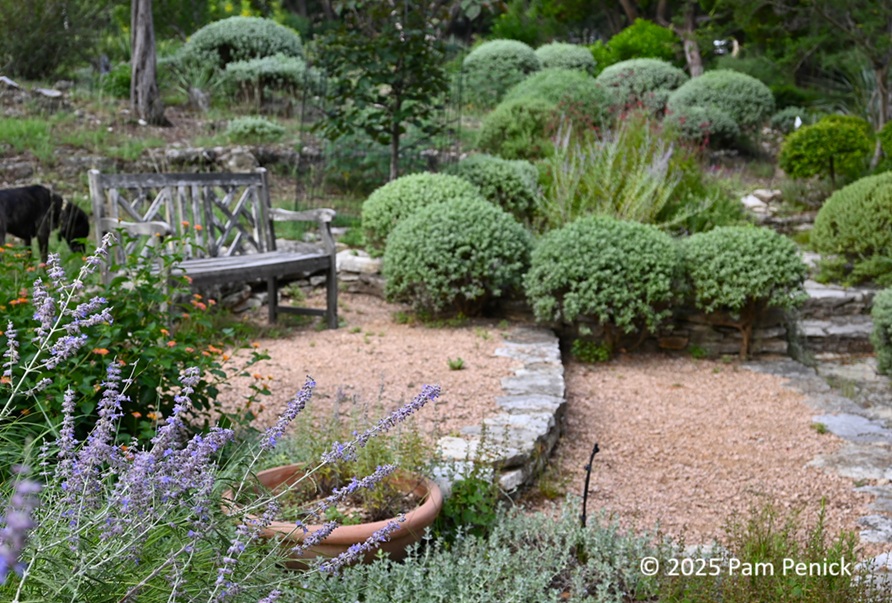
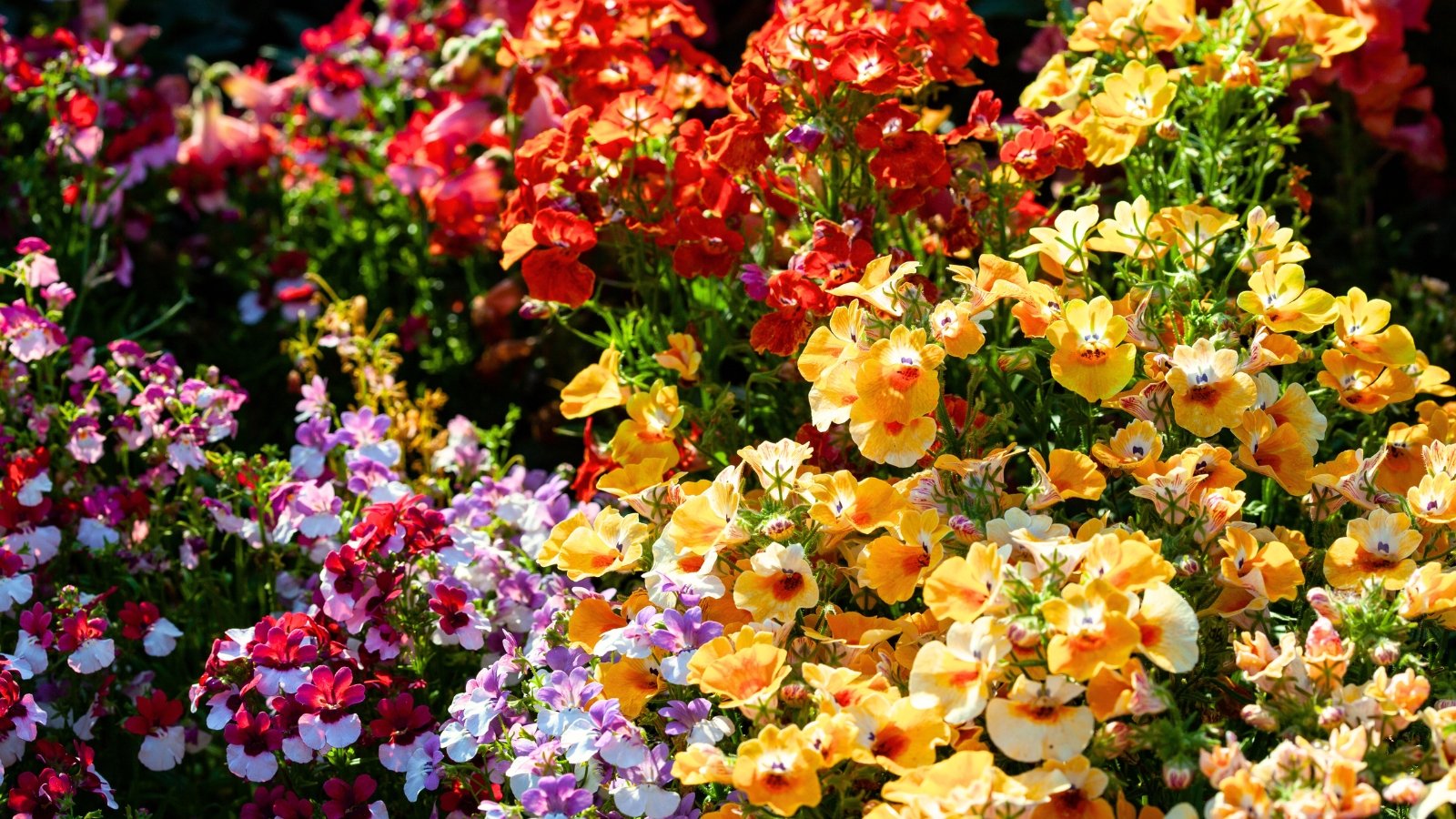
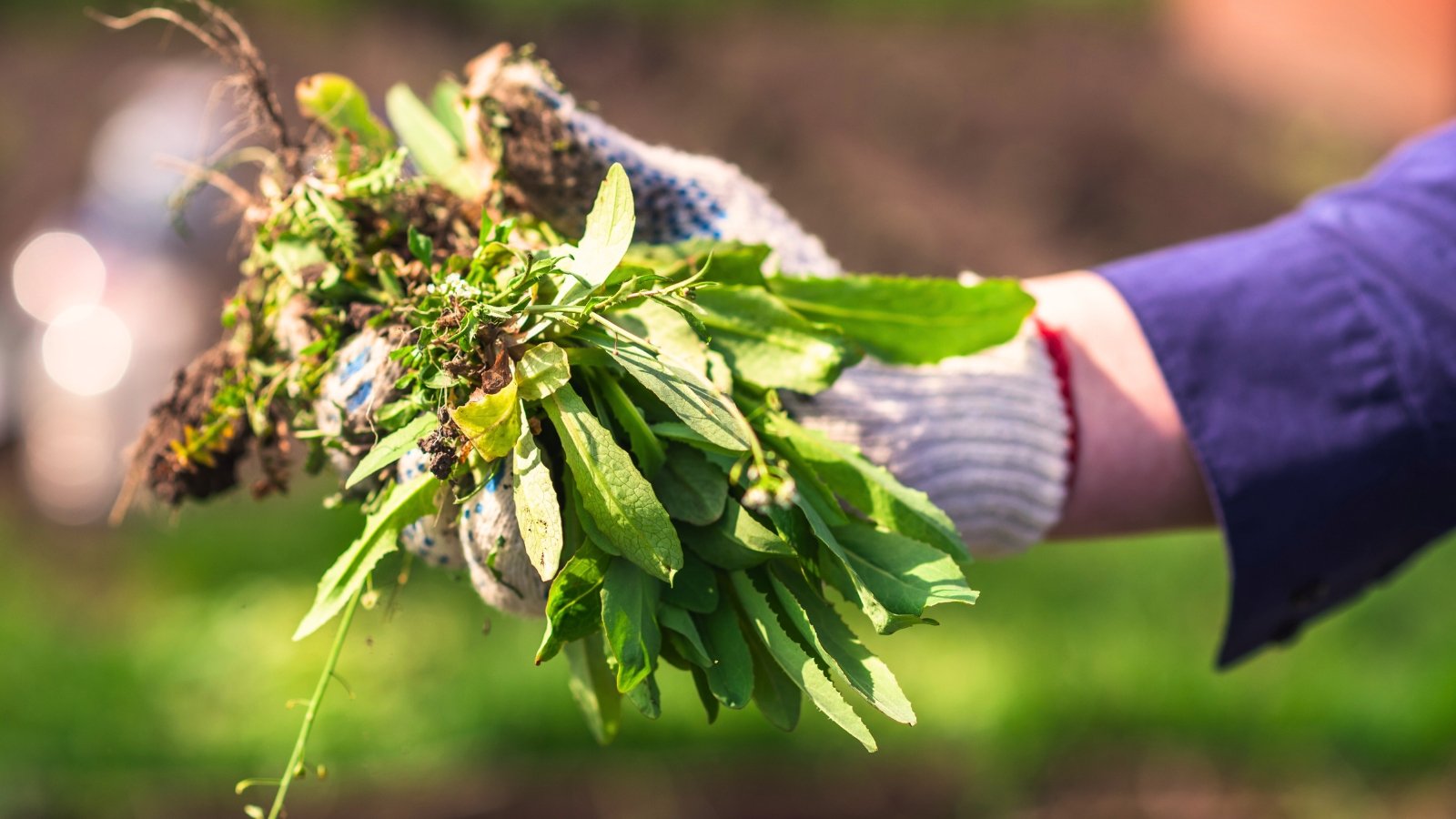
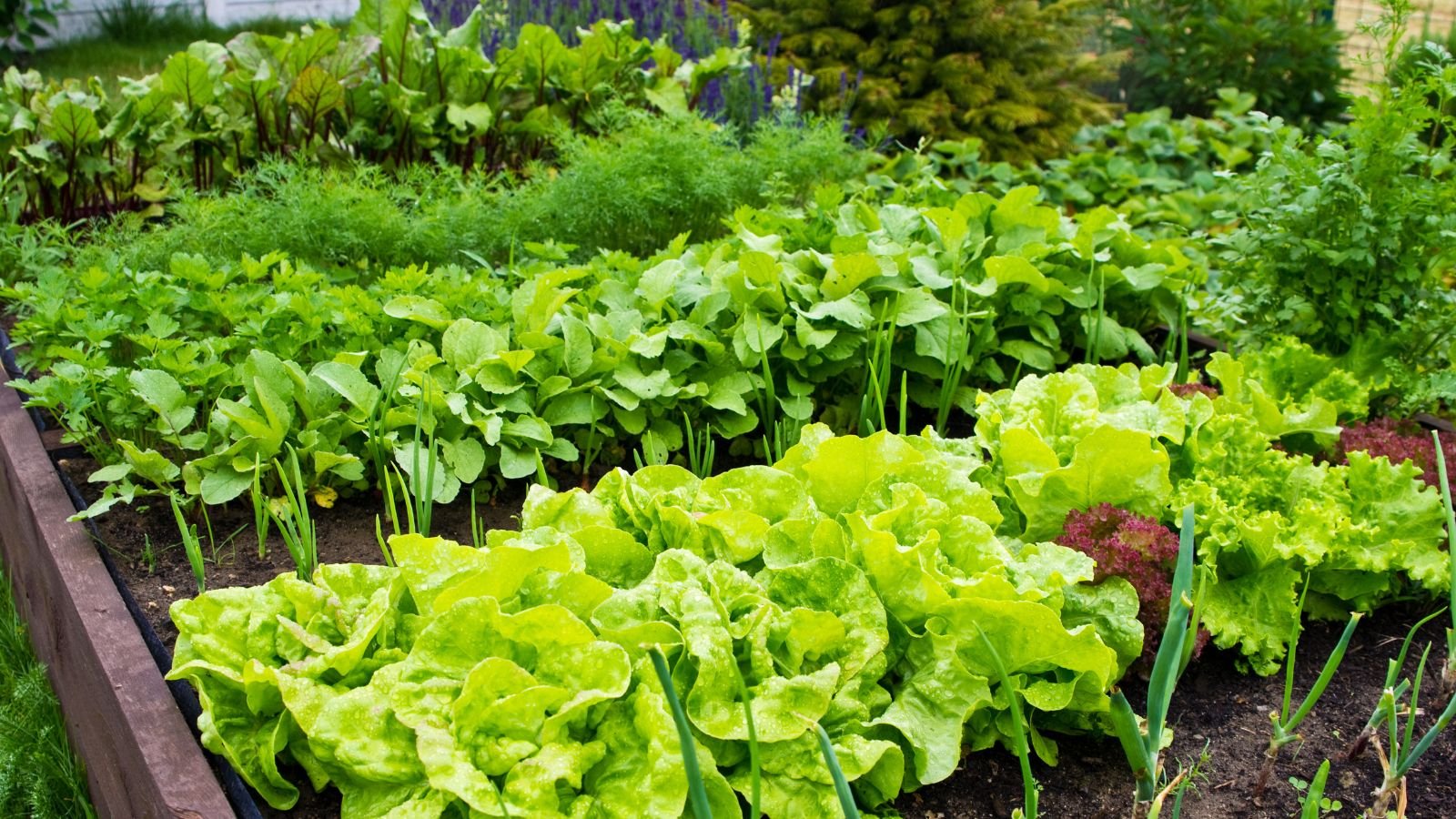
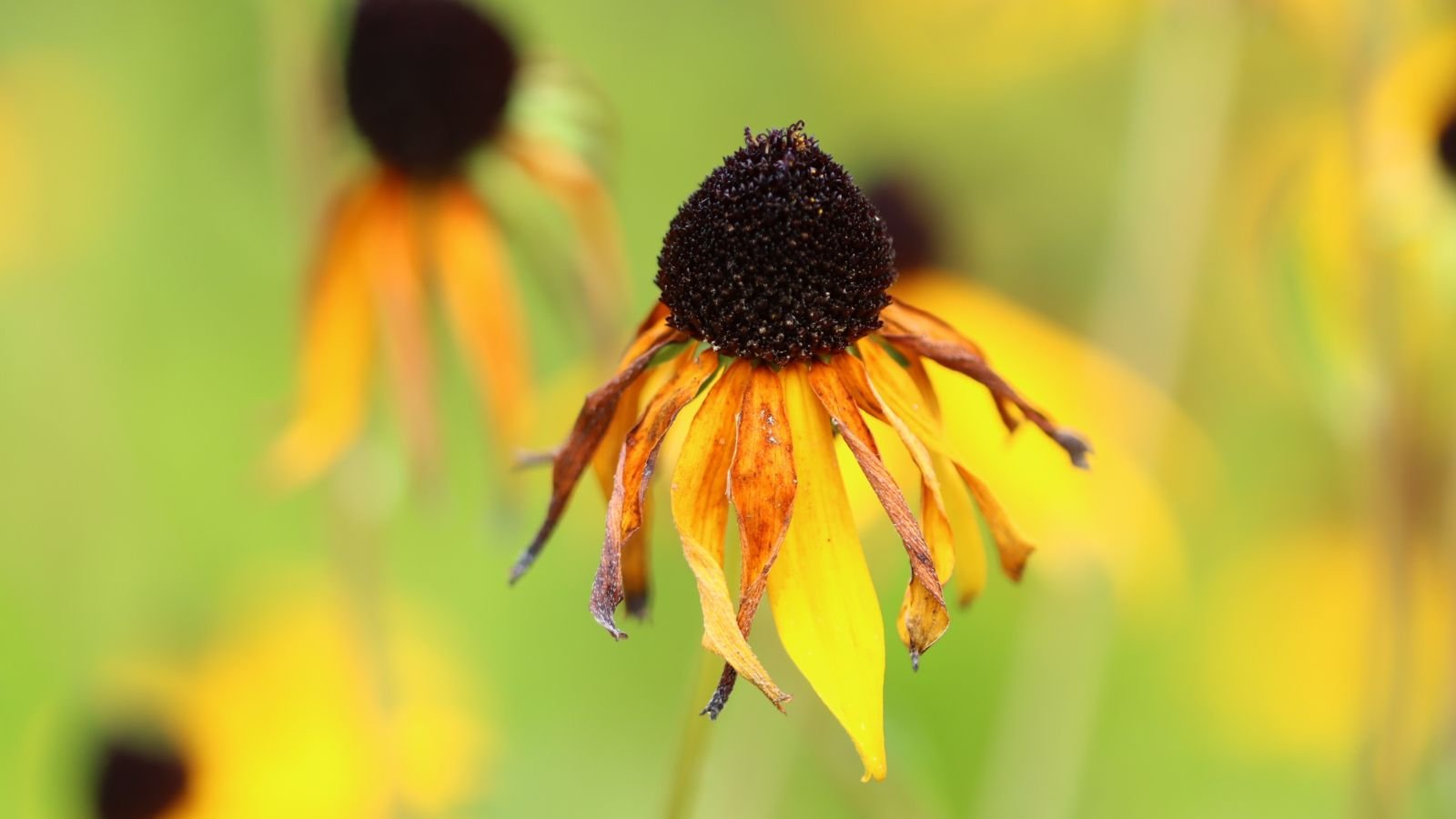
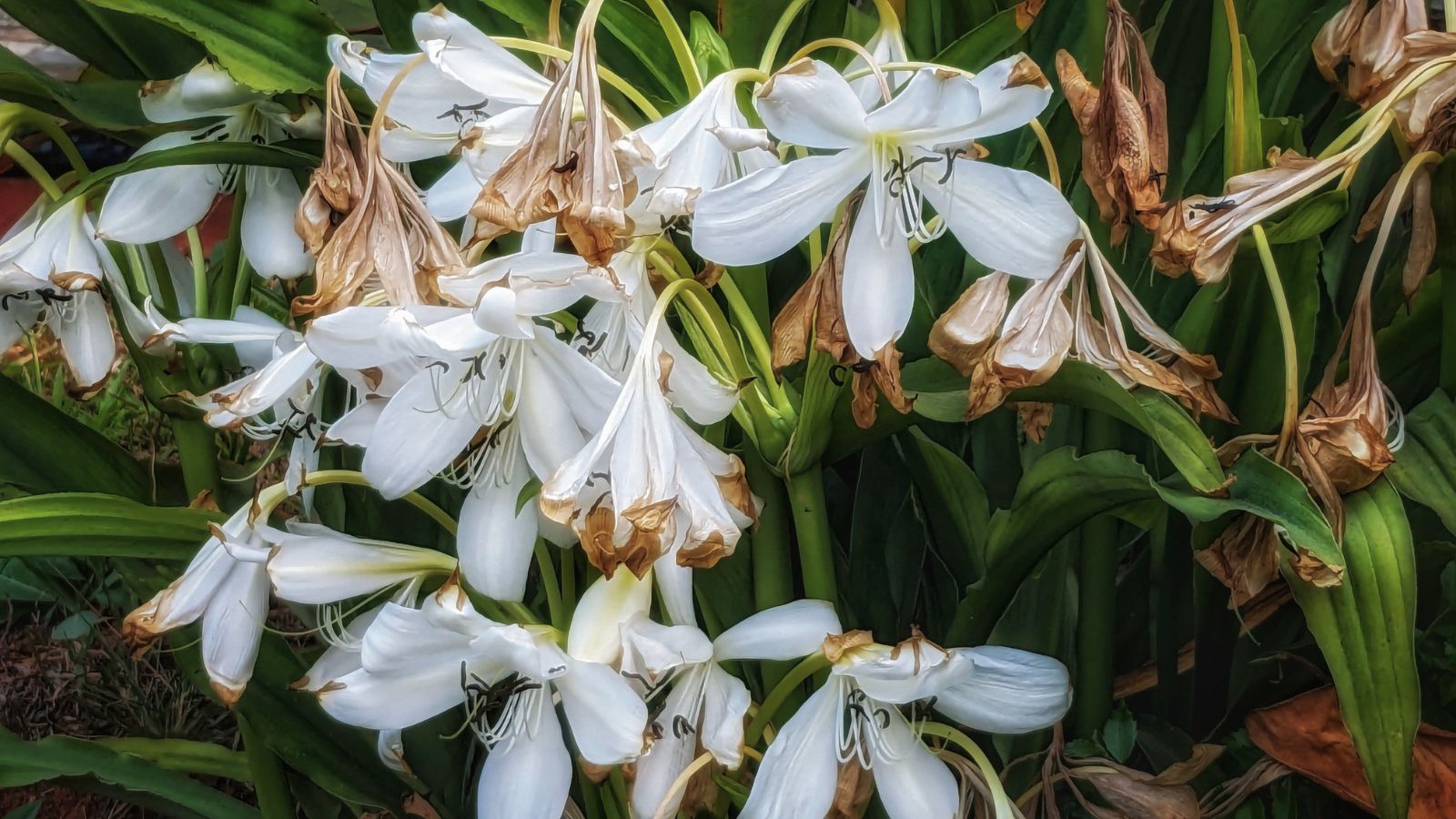
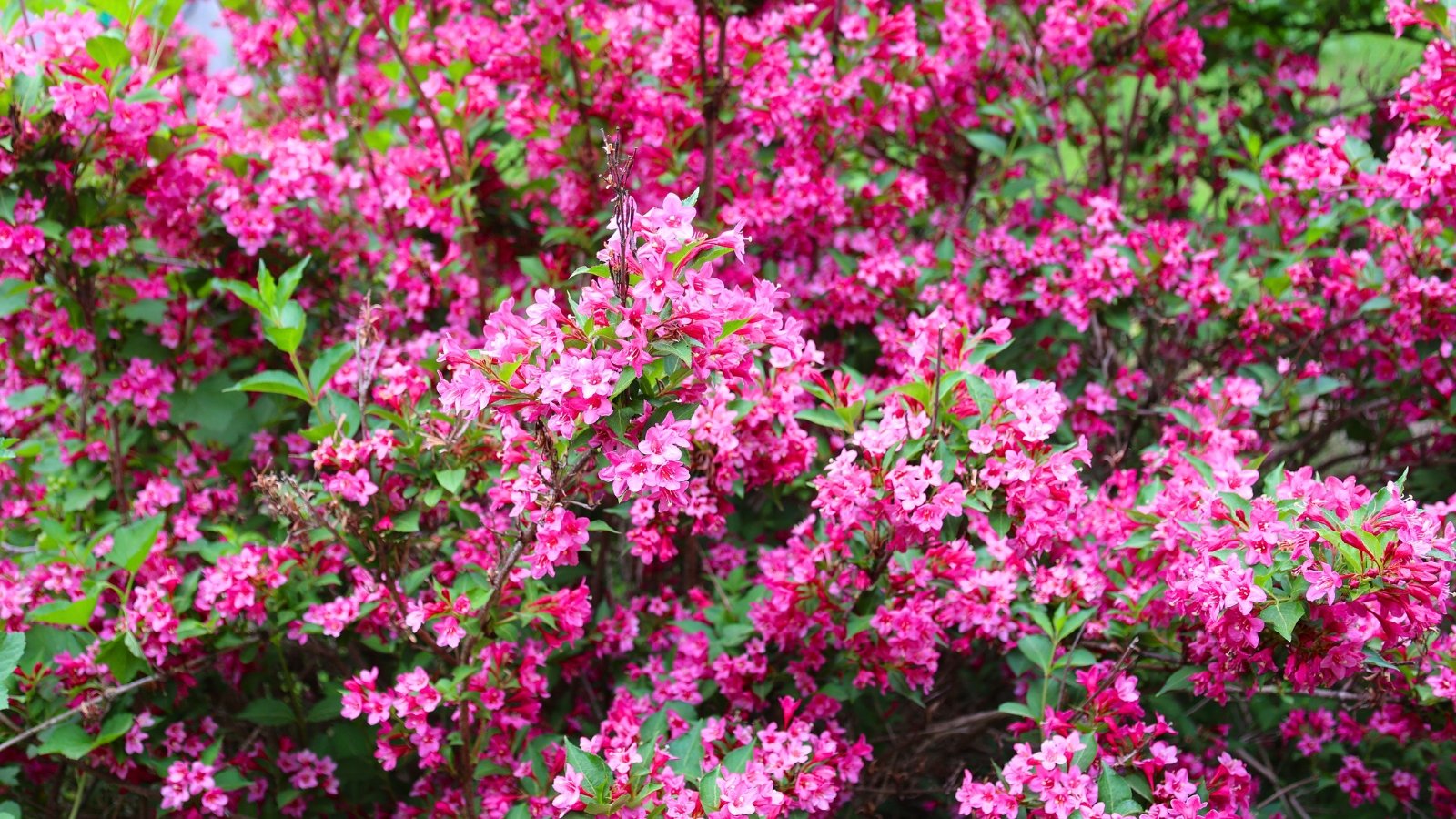














 English (US) ·
English (US) ·  French (CA) ·
French (CA) ·